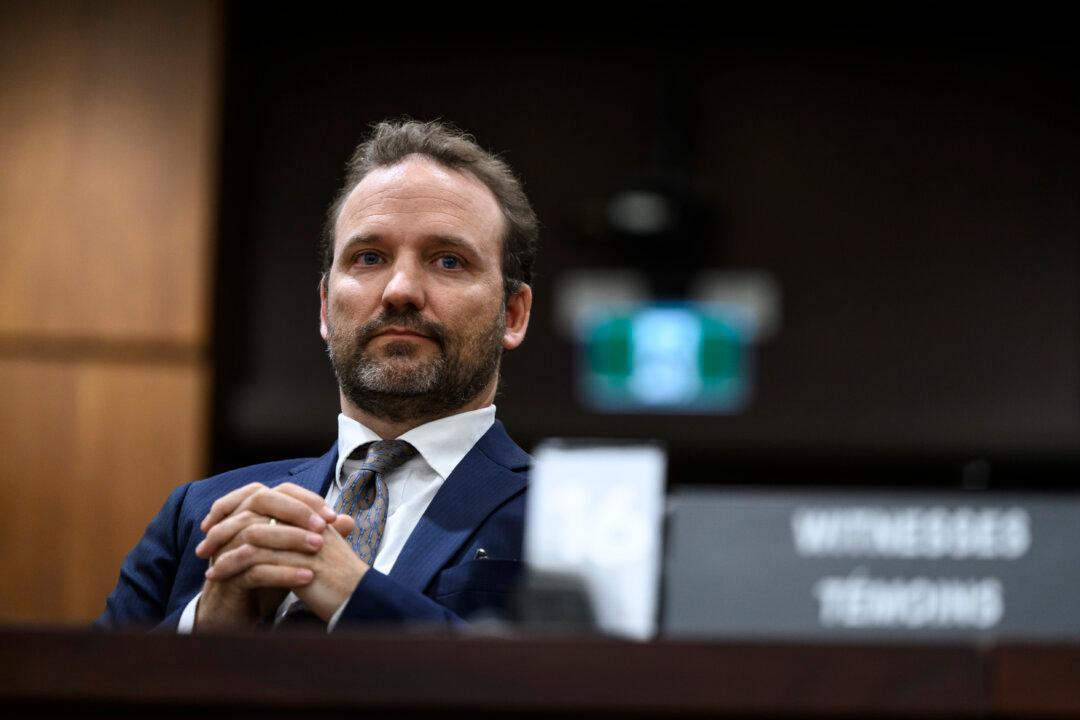Alexandre Trudeau told MPs that everything about the donation to the Trudeau Foundation from two businessmen affiliated with the Chinese regime a few years ago was legitimate and didn’t constitute any attempt to influence his brother, who would later become prime minister.
“Frankly, this is a waste of time because there is not a foreign interference issue here at the foundation and I know the documentary record will make that clear as it’s disseminated,” Trudeau said as he testified before the House of Commons ethics committee on May 3.





